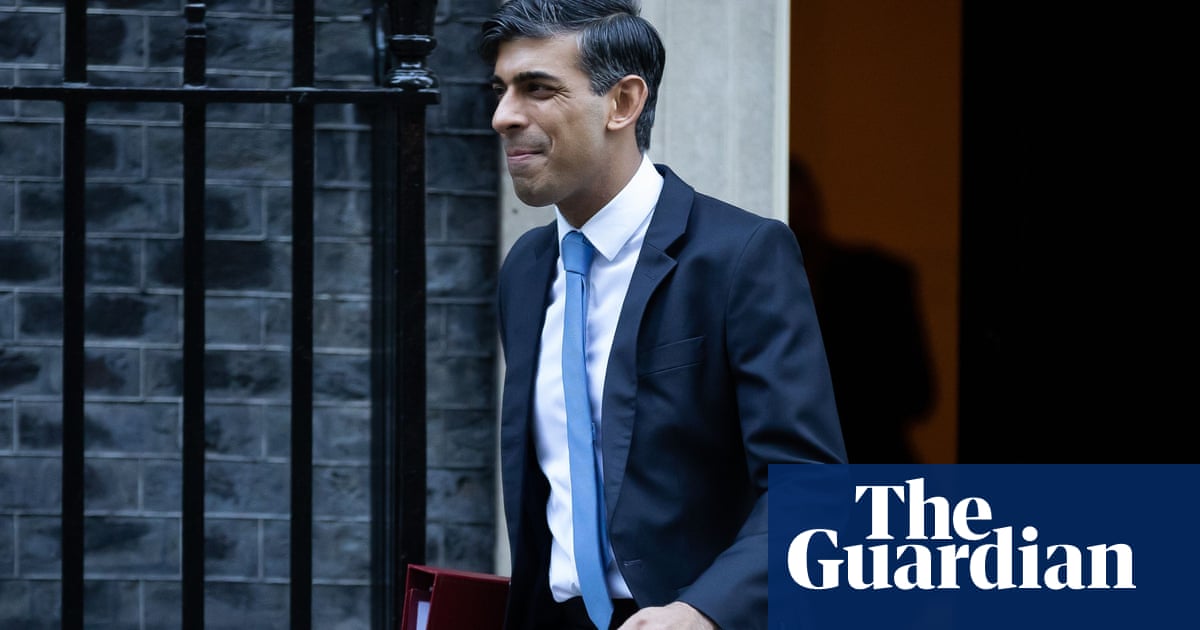
Politicians and senior civil servants have been publicly called to account for the misuse of government figures on 47 occasions by the official statistics watchdog, its latest casework review shows.
Former health secretary Matt Hancock’s use of data on Covid testing and Scottish health secretary Humza Yousaf’s use of unpublished statistics were among the cases raised by the UK Statistics Authority. So far this year, the watchdog has also intervened with concerns over crime spending figures used by Boris Johnson in July and crime statistics used by Sir Keir Starmer in May.
Sir David Norgrove, the UKSA’s chairman, wrote publicly to five MPs, four Scottish MSPs and a member of the Senedd between April 2020 and March 2021, according to the authority’s annual review of casework, while other issues were raised with civil servants by Ed Humpherson, the director general for regulation at the Office for Statistics Regulation.
The OSR’s logs show that the regulatory bodies published 47 formal responses to complaints raised, after the number of complaints by politicians and members of the public nearly trebled from 109 in 2019-20 to 323 last year.
Seventy-six per cent of cases related to the pandemic, and 48% related to trustworthiness of statistics.
The review highlighted a failure to publish statistics when the prime minister announced the second Covid lockdown on 31 October 2020. “The data underpinning the briefing were not in the public domain at the time of the briefing, and were not published until 3 November. This was not in line with our expectations about equality of access,” the report said.
This week, the UKSA will publish a report about lessons to be learned from the use of statistics during the pandemic.
Mary Gregory, the OSR’s deputy director general for regulation, said ministers in the four administrations and senior officials had generally been quick to amend mistakes and were not seeking to mislead. “In principle, everyone we speak to is signed up to the concept of being transparent. But sometimes, often by accident, things are said where there haven’t been data published.”
Glen Tarman, head of policy and advocacy at Full Fact, said: “It’s not a surprise that the OSR is busier than ever. Data gaps and unpublished information, confused messaging, inaccuracies and an unwillingness to correct the record are just some of the problems we’ve encountered in our factchecking this year.
“It’s good that we have an independent statistics system working for a more informed public debate. The OSR’s work is crucial at a time when we still see examples of ministers and officials failing to release data when challenged, or politicians not correcting the record when they make mistakes.
“Failures like this, and over the course of a public health crisis, have shown that a parliamentary inquiry into the oversight of government communications is overdue.”
Stian Westlake, chief executive of the Royal Statistical Society, said: “The work of statisticians has been incredibly important in helping us to understand and control the pandemic. The ONS and bodies like Public Health England have done a sterling job in rapidly building a Covid stats infrastructure that is widely praised around the world.
“However, the rise in casework shows that this isn’t always easy. It’s good to see the OSR stepping in when statistics are misused, for example, during last summer’s exams fiasco when they responded to a call from us to review Ofqual’s use of algorithms.”












